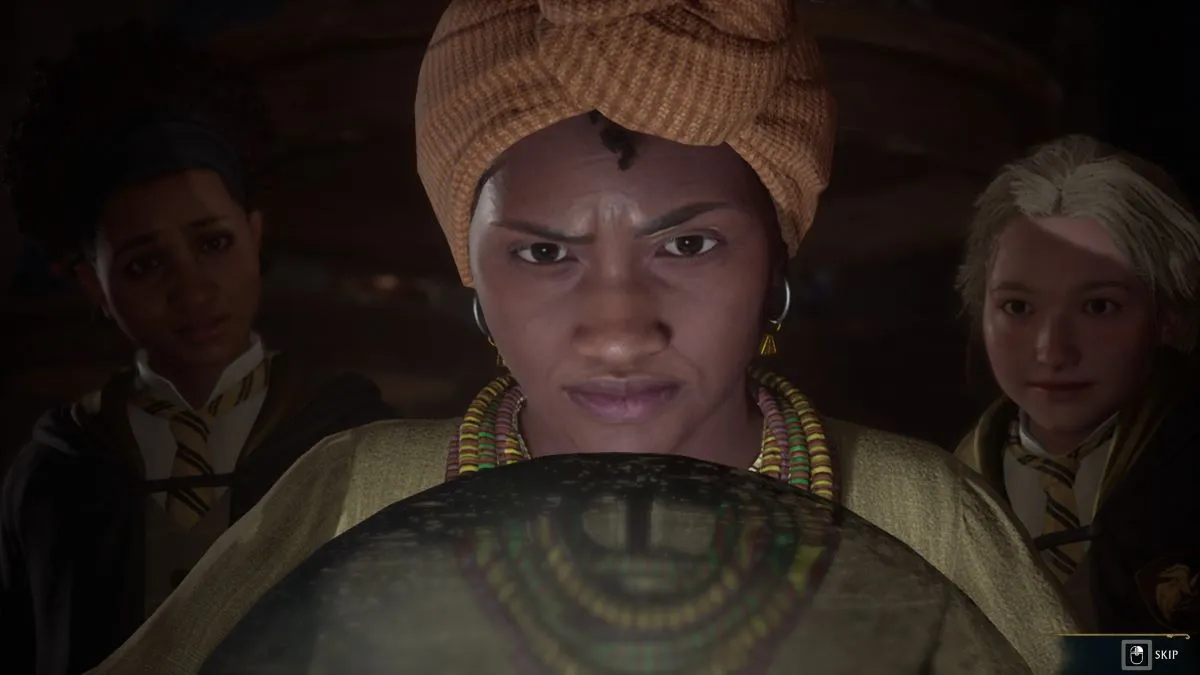Like a bad case of chlamydia, microtransactions and “fee 2 pay*” games seem to be flaring up everywhere today in the video game industry.
Ashamedly, I’ve had a gratuitous love affair with a casual, mobile game – Pokémon Shuffle. It’s Candy Crush with cutesy Poké-heads and I love it. The game is a standard fare of recharging hearts and impossible to acquire coins, but that’s what you expect getting into a free mobile game in the App Store.
The game got me addicted, settled into a rhythm of surprisingly enjoyable puzzling action, only to throw out expectations and rules out the window. Stage 120 of the game is a ‘boss’ battle with a Mega Glalie. The monster is a ball of floating ice with a face, and it’s likely one of the most difficult in the game. Regardless of whether or not it’s the most difficult, but it requires a level of grinding, skill and in-game wealth that is near impossible to acquire that early in the game. The developers have thrown Mega Glalie into the mix to block and frustrate players into purchasing gems and coins with real world money.
If you don’t believe me that Glalie is a challenge, check out this Storify feed that I created to help illustrate the absolute frustration and contempt this single level has caused. It’s simple enough to shrug off spending between five and ten dollars to progress when the game is free, however, simply ignoring it risks that these micro-transactions might become a staple of premium mobile and console games.
Before you attempt the level, shiny power-ups and modifiers are thrown before your face, and after you lose the level (and you will lose often) you’re offered a chance to redeem gems for a few more moves.
Another large Japanese videogame publisher, Konami, has recently stirred up some controversy following the inclusion of micro-transactions in Metal Gear Solid V. For a title that retails for $79.95 CAD, it takes a very brazen mind to believe that gamers should have to pay additional fees to enjoy the fullness of the experience.
While traditional Japanese developers seem to be having a hard time understanding the expectations of Western gamers when it comes to mobile platforms, for example, just look at Square Enix’s often embarrassing attempts to sell decades-old ports on the App Store for $30 or more.
There’s no excuse for such clear player-baiting in games like Pokémon Shuffle, while the game does advertise in the opening screen that you can play the game “without playing money”, this claim is quite clearly undermined by the game’s constant pestering that this whole thing would be ‘more fun’ if you had a few gems to spare.
It’s simply vertical integration – it’s not good business to implement a “pay” mechanic and then not try to convince gamers to use it. It’s not there as a decoration, it’s a business model. Indeed, the temptation can be all too strong for developers to make levels exceedingly difficult, make progress slow, or ensure that the player is systematically outmatched without doling out additional cash.
That being said, the crime of monetizing game progress and skill progression is not only being perpetrated by free and low-priced mobile games, but full-featured AAA console releases as well. The most recent of which is Halo 5: Guardians, that has announced – and then proceeded to defend – its implementation of micro-transactions when the game launches later this month. Paying real world currency will allow you to level up and progress in the game’s multiplayer mode more quickly, giving players that opt to pay an unfair advantage thus, (at least in the eyes of the developers) forcing more gamers to pay to remain competitive.
Overall, microtransactions have gone in a few short years from a small facet of a few mobile titles to an industry standard. The fact that two of Microsoft’s full-priced behemoths (Rise of the Tomb Raider and Halo 5) will offer micro-transactions signifies a potentially threatening trend to our beloved gaming industry.
Whether you’re fighting Covenant scum or simply trying to get past Mega Glalie, it’s be exceptionally clear that this systematic pick-pocketing of casual and hardcore gamers alike, will remain a topic for some time. That is, unless you stay strong-willed and resist the temptations of paying to win and play. Stronger than me, that is, as it cost me about $11 just to pass Mega Glalie with a “C” rank.
*The term “fee 2 pay” was coined by Jim Sterling, videogame YouTuber and host of “The Jimquisition”.












Published: Oct 14, 2015 10:21 am